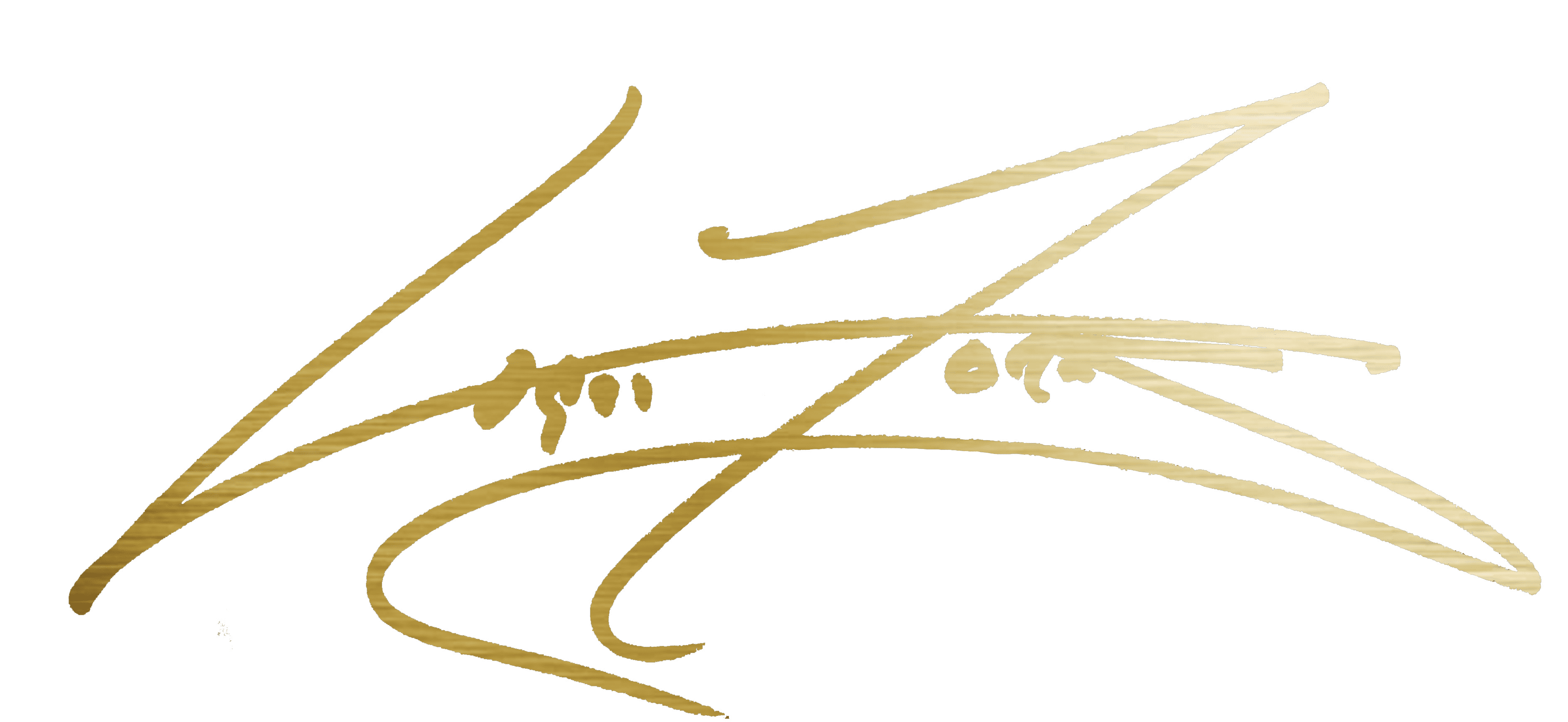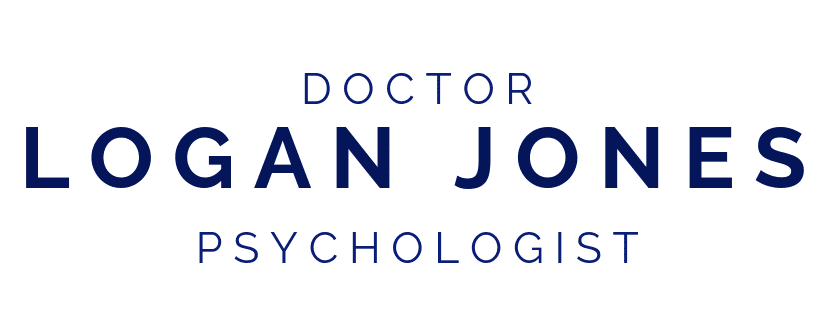DUALITY – The Importance of Finding BALANCE In Your Identity
DUALITY – The Importance of Finding BALANCE In Your Identity
We live in a society controlled by labels. As soon as we’re born, we’re told who we ought to be, how we ought to think, and who we ought to hang out with. It starts in infancy—some of us are labeled “boys,” given a blue onesie, and told to play with trucks and dirt. The other half of us are labeled “girls,” given pink onesies, and directed towards the dolls and tea parties. For some of us, these labels work well enough; we may not even question them. As we grow older, however, these labels can become suffocating as we move through life and realize, something’s not quite right.
As human beings, we become extremely uncomfortable when we can’t make sense of things.
Labels are the method by which we’ve tried to make sense of things from the beginning of time. The only problem is, the world is not binary, and what makes sense for one person may not work for the next.

Duality is the quality of inhabiting two or more emotional spaces or identities at once. It is recognizing the multifaceted nature of your being that brings peace through balance.
Below, read up on how the idea of duality dismantles three common societal labels:
Number 1: You can be soft, and still be strong
Many of us are told that to be sensitive, soft, or in tune with our emotions is to show weakness. Men in particular are subjected to this idea from a young age with old adages like, “boys don’t cry,” “toughen up,” or “don’t be weak.” The truth is, one’s ability to tap into emotions is not a weakness, but a sign of high maturity. There is more than one way to be strong.
Water is fluid, soft, and yielding. But water will wear away rock, which is rigid and cannot yield…this is another paradox: what is soft is strong.” – Lao Tzu
Number 2: You can be healing, and still be whole
When we’ve experienced great pain, be it heartbreak, rejection, or the loss of a loved one, we’re often quick to name ourselves “broken.” We write ourselves off as damaged goods and put up walls to block others out, believing that we’ll somehow taint or contaminate them. The truth is, our pain does not make us disposable or defective
Healing is an empowering process designed not to fix, but to reveal and restore the wonder already within.
The healing process should not be hidden or shamed, but celebrated for what it is: a reclaiming of your power and light. While healing does sometimes require the maintenance of healthy boundaries, it is important to remember that you are no less deserving of love, support, success, or affection just because you are working on yourself.
Number 3: You can be calm, and still be powerful
It’s a common misconception that to affect change, you need to be the biggest, baddest, loudest person in the room. In reality, some of the greatest examples of societal change and progress have come at the hands of calm, kindred spirits. Martin Luther King Jr. helped lead the Civil Rights Movement with his policy of non-violent protest and eloquent speeches. Rosa Parks provided an impetus to that same movement, simply by holding her ground on a segregated bus. Indian activist Gandhi is now world-renowned for his peaceful leadership of the Indian independence movement against British rule. Suffice it to say, one need not brandish threats or aggression in order to change the world.
The above are only a few examples of how we can very well occupy two identities at once. When we box ourselves in with rigid labels and definitions, we chip off the pieces of ourselves that are desperate to spill out. It’s okay to check the “other” box; it’s okay to be flexible. Most importantly, pay attention to people you keep around you. If the company you keep makes you feel like you have to choose between two sides of yourself, they’re not the right company. If being yourself makes you feel like the black sheep, perhaps you just have yet to find your herd. Make room for those who make room for you in all your duality.
DO YOU STRUGGLE WITH YOUR IDENTITY? DO YOU FEEL STIFLED BY THE ASSIGNMENTS YOU’VE BEEN GIVEN BY FAMILY OR FRIENDS? Call Dr. Logan Jones today for a complimentary consultation at 646.798.8354.
Dr. Logan Jones is a New York City therapist and performance coach. Logan understands that so many of us are born into families, places, and identities that no longer serve our best needs. Allow him to help as you shed the labels that no longer fit you, and unveil the truth underneath. You are your becoming, and just what you become is up to you. Set up an appointment with Dr. Jones today.
For more daily inspiration, follow Dr. Logan Jones on Instagram: @drloganjones

No matter what you’re going through, whether depression, anxiety, or PTSD, there is hope. If you are looking for therapy in NYC his psychotherapy practice is located in central Manhattan near Flatiron, West Village, NoMad Chelsea, or Union Square.


